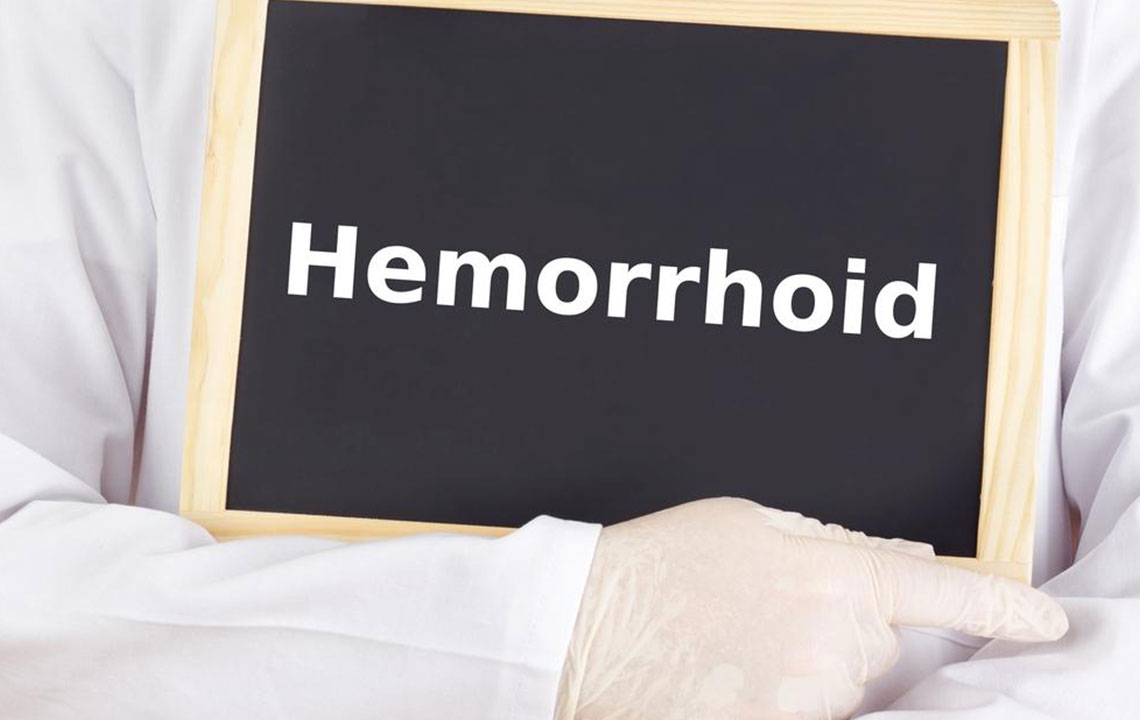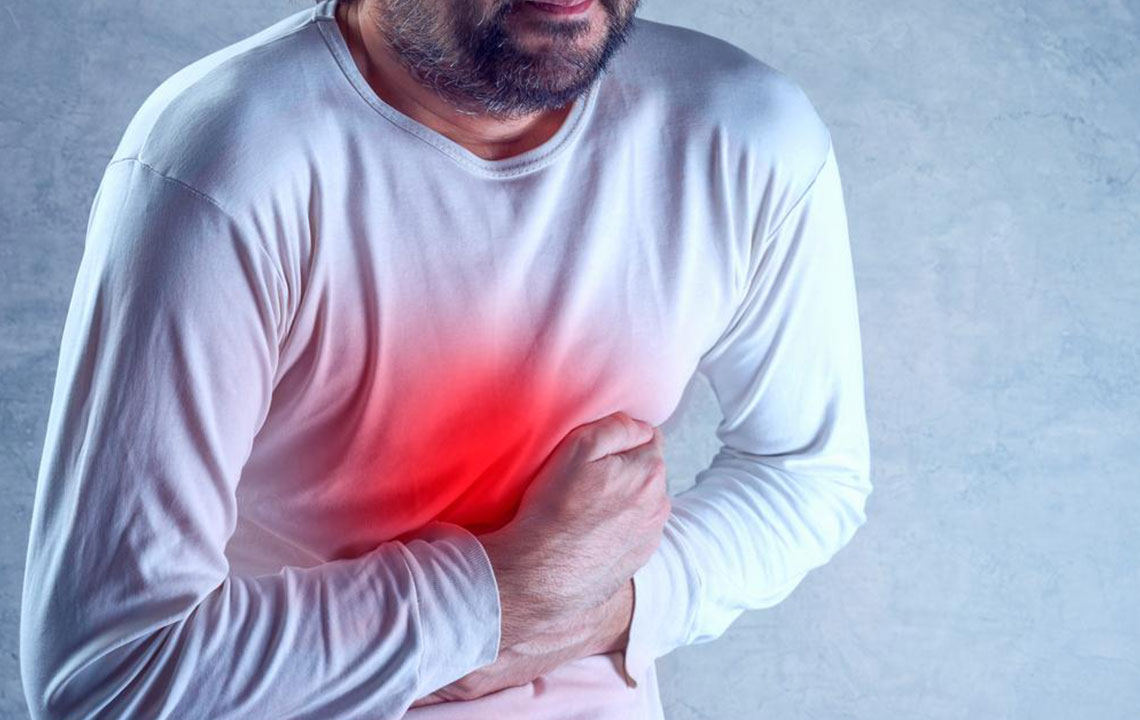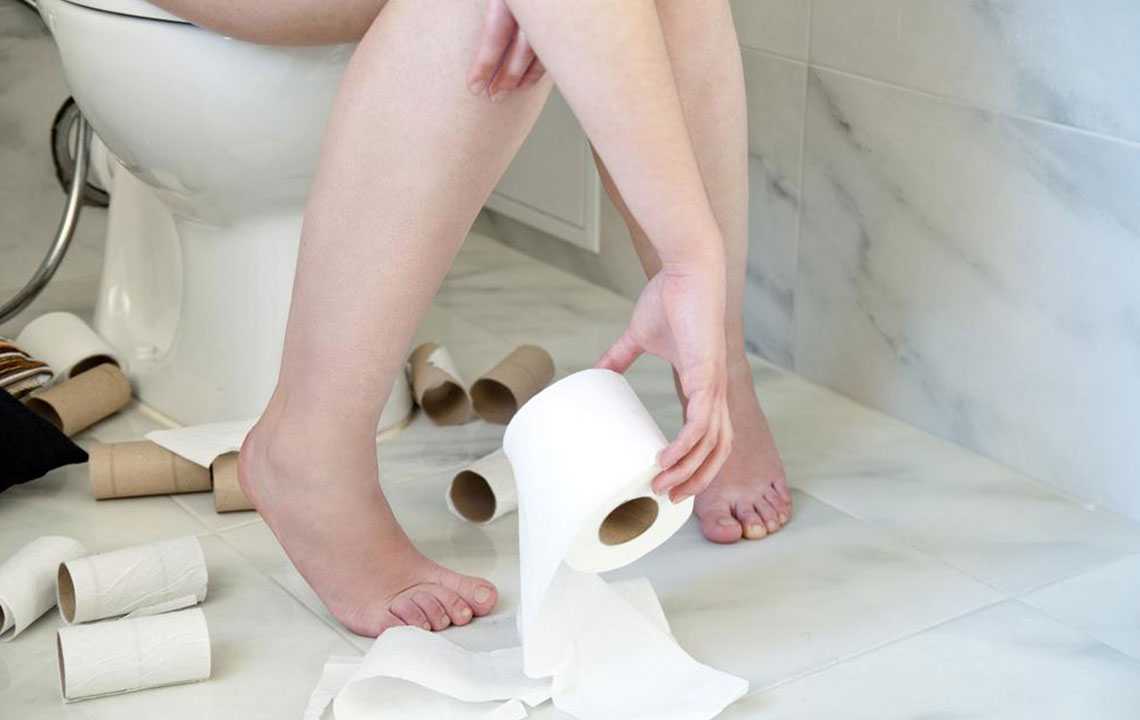Effective Strategies for Managing External Hemorrhoids
Explore effective treatment options for external hemorrhoids, including lifestyle changes, medications, and surgical procedures. Early diagnosis and personalized care by healthcare professionals can prevent complications. Learn about symptoms, prevention tips, and when to seek medical help for hemorrhoids. This comprehensive guide aims to empower individuals with the knowledge to manage and treat hemorrhoids effectively, promoting better digestive health and comfort.

Effective Strategies for Managing External Hemorrhoids
Top Approaches for Treating External Hemorrhoids in the Country
Hemorrhoids, commonly known as piles, involve swollen tissues in the anal canal. These consist of blood vessels, tissues, and elastic fibers. Due to hectic lifestyles and poor diet choices, many individuals develop hemorrhoids, often without obvious symptoms. If left untreated, they can worsen and lead to serious health issues. Most people are diagnosed with hemorrhoids by age 50, emphasizing the need for early intervention.
Healthcare professionals can accurately identify external hemorrhoids, and treatment options depend on the severity.
Signs and symptoms of hemorrhoids include:
Itching or discomfort around the anal area
Blood during bowel movements
Pain while passing stool and feeling of fullness post-defecation
Prompt treatment is essential to prevent complications. Ignoring hemorrhoids can elevate health risks.
Lifestyle modifications to alleviate hemorrhoids:
Incorporate high-fiber foods
Engage in regular physical activity
Manage weight effectively
Maintain proper hygiene
Take warm baths for pain relief
Common medication options:
Early-stage hemorrhoids with mild pain can be treated using topical creams, ointments, or pads to reduce irritation.
These treatments provide temporary relief but should not be used long-term.
Over-the-counter medications are accessible online.
If symptoms persist beyond seven days, consult a healthcare professional immediately.
Surgical treatments for hemorrhoids:
Rubber band ligation: Elastic bands are placed around hemorrhoids to cut off blood flow, causing them to shrink and fall off within a week. While effective, some patients may experience pain or bleeding, necessitating prompt medical attention.
Sclerotherapy: Injection of a medical solution causes hemorrhoids to diminish in size. It's a painless alternative but less effective than band ligation.
Laser or infrared coagulation: Infrared heat destroys hemorrhoid tissues, inducing shrinkage with minimal bleeding.
Hemorrhoidectomy: Surgical removal is the most definitive solution, performed under anesthesia. It entails post-operative pain and requires appropriate care during recovery.
Stapled hemorrhoidopexy: Blood flow to hemorrhoids is halted through stapling, reducing symptoms with less discomfort. However, recurrence is possible, and complications like bleeding or infections may occur.
Each treatment choice should be discussed with a healthcare provider to determine the best approach for individual cases.










